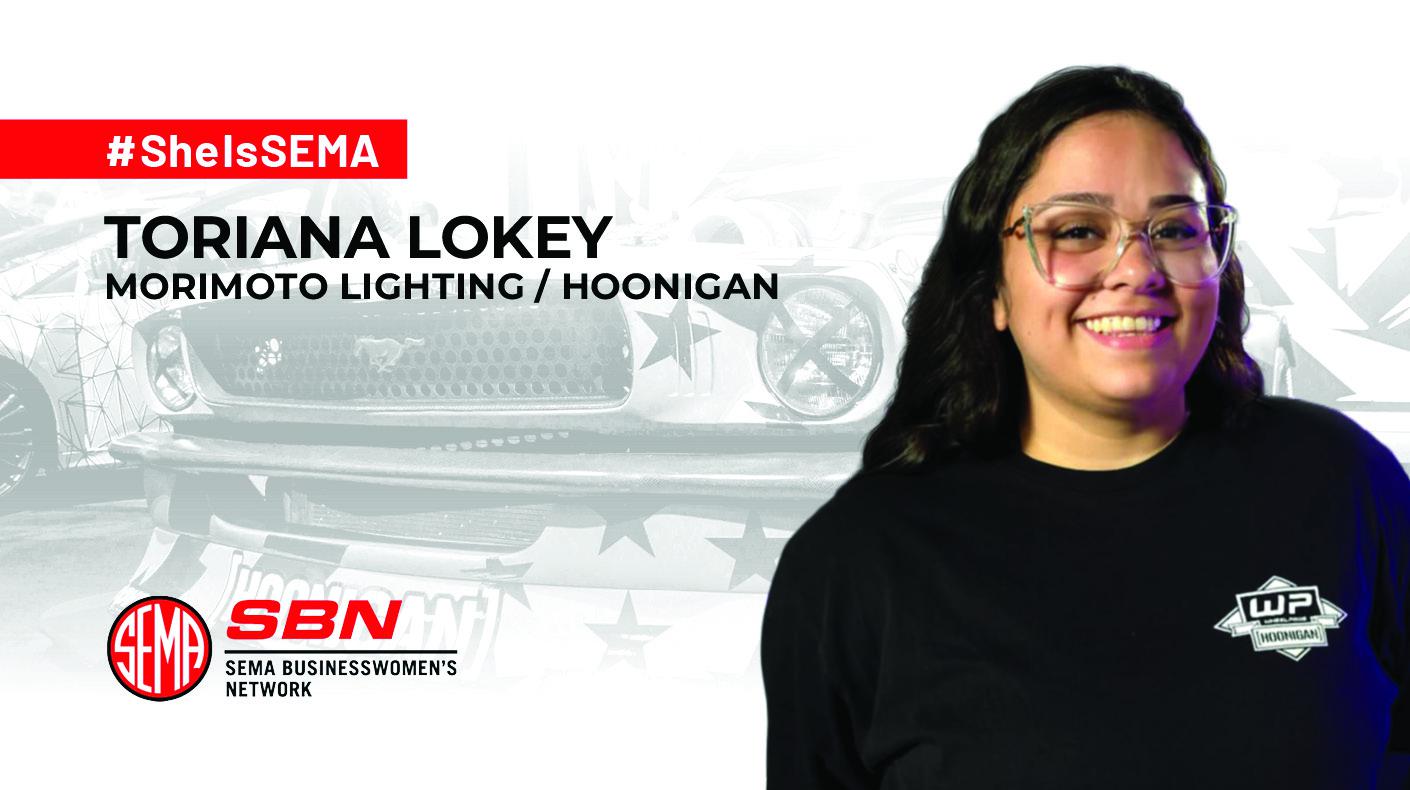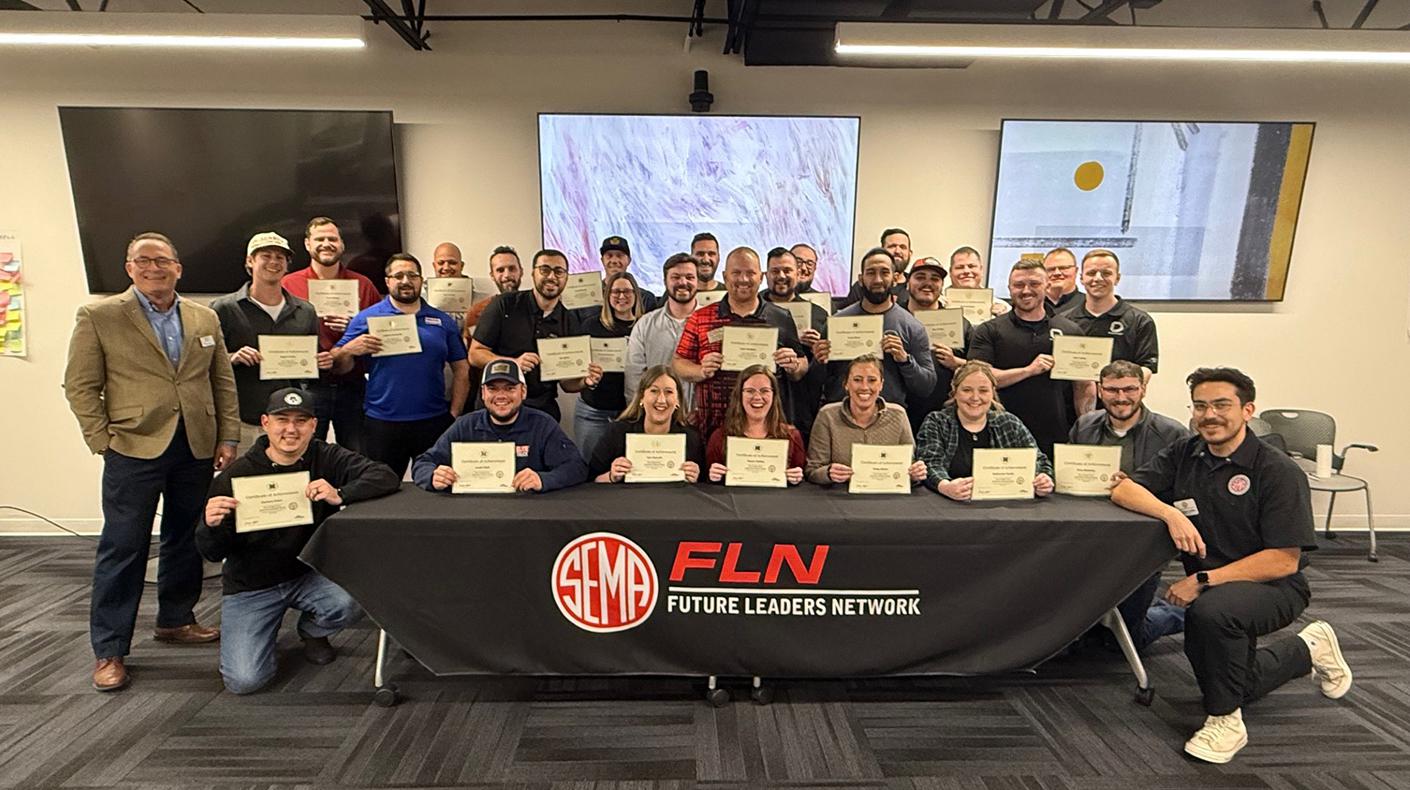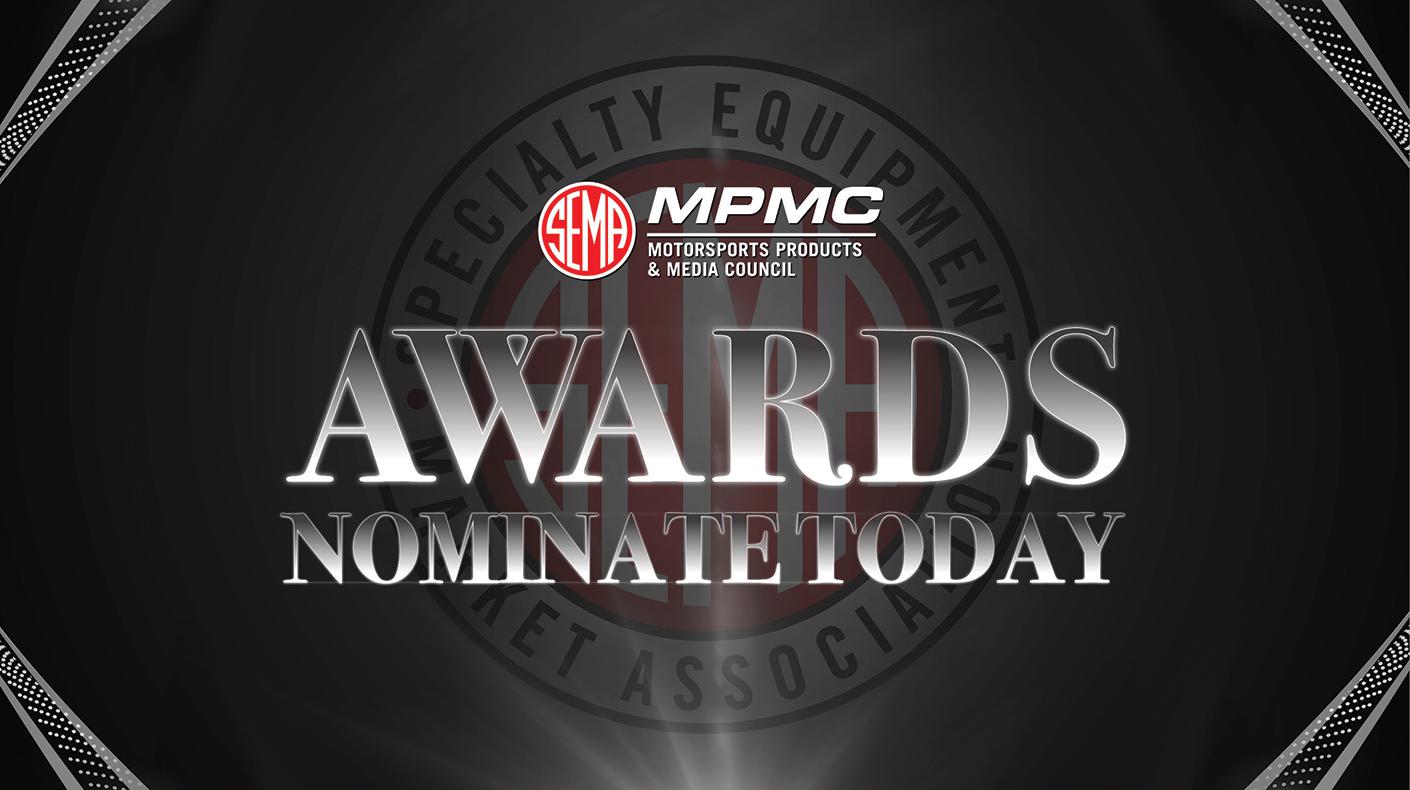
SEMA is working vigorously to challenge scrappage laws that would dismantle America's automotive heritage.
SEMA is opposing efforts to revive consideration of federal funding for vehicle scrappage programs. In response to testimony delivered to Congress, SEMA sent letters to members of the House Financial Services Committee and Senate Banking Committee to counter requests that tax dollars be used to entice motorists to trade in older cars and trucks for newer models.
The current discussion of scrappage is tied to the larger debate over how the government should help the domestic automakers and their dealers weather the current financial crisis. SEMA’s letter stated, "Cash for Clunkers as a national policy, even on a voluntary basis, would come at the expense of many small businesses and ignores the better policy option of encouraging consumers to repair and upgrade their vehicles.”
SEMA emphasized that auto restoration, customization and repair shops nationwide, as well as hobbyists, would suffer with the indiscriminate destruction of older cars, trucks and parts they need if scrappage programs were expanded with federal funds.
“America safeguards its artistic and architectural heritage against indiscriminate destruction," SEMA's letter stated. "Our automotive and industrial heritage deserves the same protection."
SEMA also argued that federal funds for scrappage programs would also cut business to the broader independent aftermarket, composed mostly of small businesses. It would be counterproductive for Congress to enact a measure that would hurt the specialty industry and independent auto restoration and repair shops at a time when Congress is seeking to stimulate and support small business.
Finally, SEMA noted that scrappage programs ignore better options, such as vehicle maintenance programs that maximize the emissions systems of existing vehicles. The voluntary repair and upgrade of emissions systems is a win-win for consumers, dealers and manufacturers.
SEMA has also learned that legislators may be also considering scrappage as a clean air measure and are now in contact with these offices to explain scrappage’s shortcomings as an environmental measure. Traditionally, scrappage efforts focus purely on vehicle age rather than actual emissions produced.
SEMA played a central role in defeating federal scrappage legislation in 2002. The association is working with like-minded industry groups now to stop this renewed threat to the auto hobby.
For more information, contact Brian Duggan: briand@sema.org.





